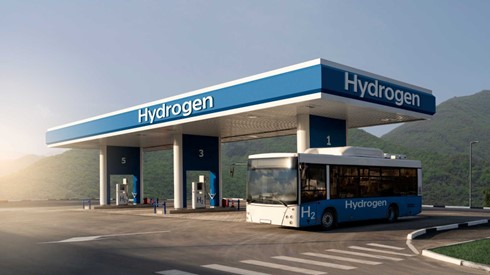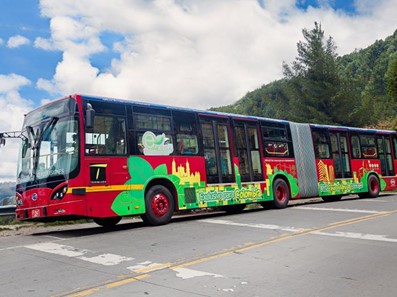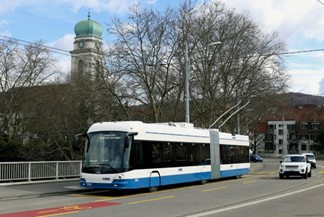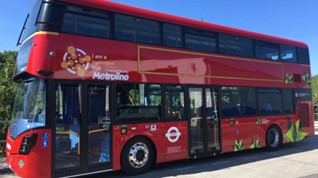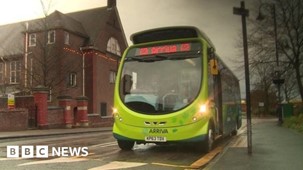WrightBus Hydrogen buses
CONTEXT The Wrightbus hydrogen bus project focuses on the implementation and operation of hydrogen fuel cell buses, standing out as an exemplary practice in the transition to sustainable public transportation. These buses are designed to offer emission-free urban transportation solutions, especially in medium to large urban areas that seek to improve air quality and meet […]
WrightBus Hydrogen buses Read More »

